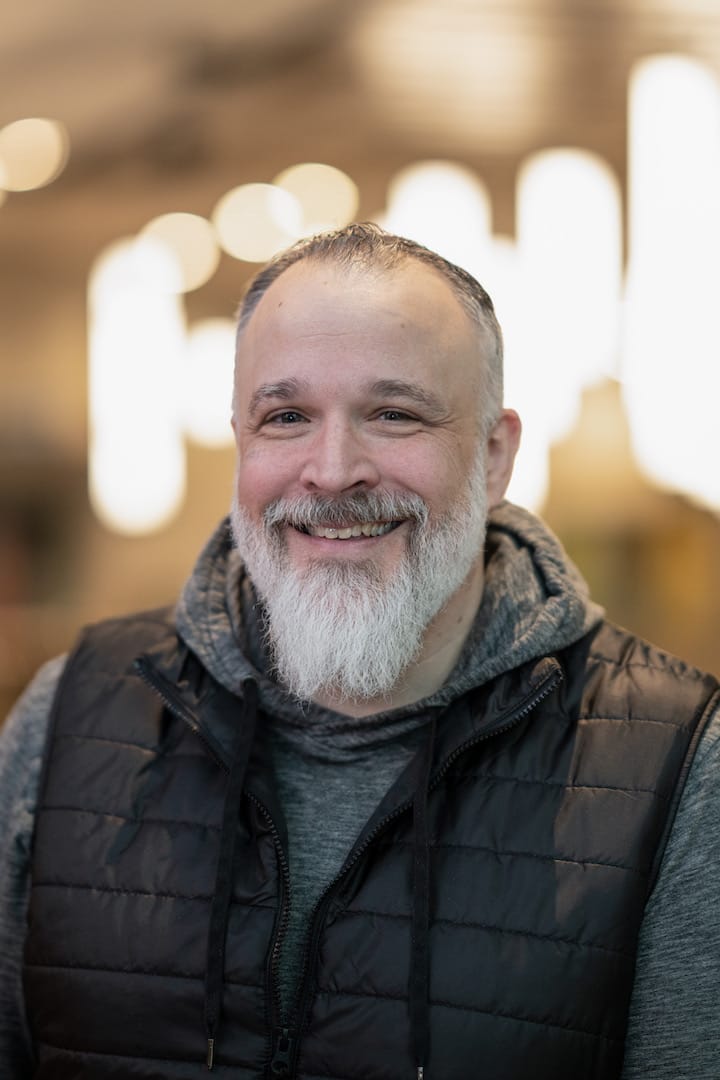

Before my sixteenth birthday, I vividly remember sitting behind the wheel of my family’s Ford Taurus. We were in the McDonald’s parking lot just a few blocks from our home. At this point, I had received no formal instructions on how to drive, but my father wanted to give me a taste of what it was like. So, he asked me to back the car out of the parking space. Backing a car up should be an easy task. Should be. But as a wide-eyed, almost-sixteen-year-old with blood pumping in my veins, the only concept that made sense to me was hit the gas to make the car go. So, I slipped the car into reverse and hit the gas! The sharp jerking motion of the car was met with screams from my family and my father shouting at me to hit the brakes!
There is a reason why teenagers are not simply handed the keys to a car the moment they turn sixteen. An educational training period is necessary.
Following my incident in the McDonald’s parking lot, I spent countless hours driving in the high school parking lot with my father. I have many memories of working with him as I learned how to drive–some stressful and many comical.
This example provides a great analogy for what I believe is the most widely used philosophical approach to disability ministry—doing ministry ‘with’ people affected by disabilities. I believe that ministry “with” people affected by disability is distinctly better than ministry “to” or “for” them.
One of the greatest differences between these approaches is the level of personal relationships that are formed. When we do ministry “with” people affected by disabilities, they become genuine friends and are no longer the objects of our ministry efforts.
Friendship is foundational to disability ministry. People affected by disabilities may have an abundance of friends with disabilities, but often lack genuine friendships with people who are considered typical. For some individuals, if all the group home staff, social service providers, and doctors in their lives were no longer paid to be there, they may not have anyone to call a friend.
In the “with” approach, the focus shifts from disability to ability. People are no longer identified by their disability or what they cannot do. Everyone has at least one God-given gift. In the context of a friendship, people identify what they love doing, what makes them unique, and how they can play a role in the body of Christ.
As we work “with” our friends affected by disability amazing things can happen. We might discover that our friend loves being around children or is gifted with technology. Then, we can work with them in a step-by-step process to help them volunteer in their area of gifting.
Every individual is uniquely made by God on purpose for a purpose. It is within friendships that we can help discover, develop, and deploy our friend’s giftedness. Throughout this process you are partners in ministry together.
Doing ministry ‘with’ people affected by disability is a much better approach than doing ministry “to” or “for” people affected by disability. But, is it perfect? I think there is one more philosophical approach to disability ministry that is even better. Belonging is the ideal when it comes to the conversation of inclusion. Consider for a moment what it might look like to approach disability ministry with the ideal that ministry is conducted “by” people affected by disability? This goes one step beyond ministry “with” people affected by disability, and we’ll take a closer look at it next week.
NOTE: This article first appeared on Irresistible Church.


